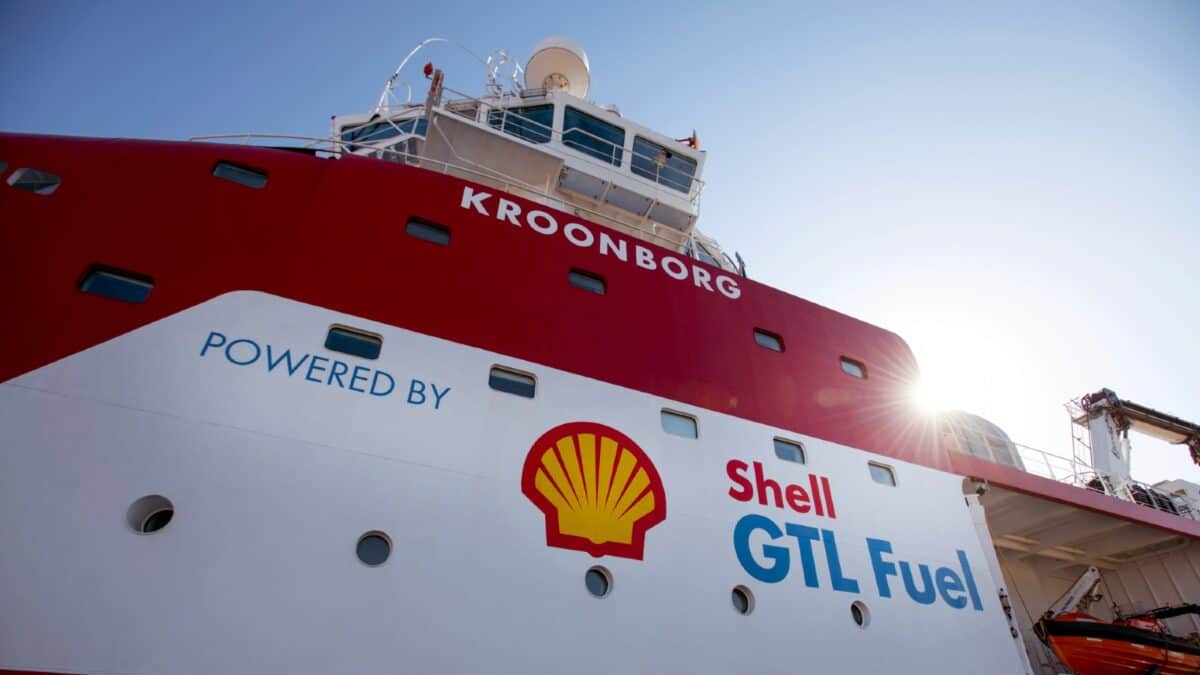Unlock the Editor’s Digest for free
Roula Khalaf, Editor of the FT, selects her favourite stories in this weekly newsletter.
Britain’s chemical industry is heading for extinction because of a combination of high energy prices and carbon taxes, according to Sir Jim Ratcliffe, the billionaire owner of petrochemicals group Ineos.
The company, which owns several petrochemical plants at Grangemouth in Scotland and co-owns the associated refinery, shut down ethanol production on the site last week.
The 80 employees directly affected have been redeployed across the remaining chemicals operations at Grangemouth, although Ineos said as many as 500 indirect roles would be affected across the wider economy.
The group said last March that it would stop ethanol production because of falling demand in Europe and increasing pressure from imports.
The operation, one of only two in Europe, made synthetic ethanol, used in the manufacture of pharmaceutical drugs and other critical medical applications.
“We are witnessing the extinction of one of our major industries as chemical manufacture has the life squeezed out of it,” said Ratcliffe.
De-industrialising Britain, he added, achieved “nothing for the environment. It merely shifts production and emissions elsewhere.”
Ineos said the ethanol plant had been lossmaking for several years, in particular because of high energy prices in the UK, which it said had doubled in the past five years and were five times higher than those in the US.
The “costs in particular which have hurt us have been around energy as it is quite an energy-intensive process and the source is natural gas,” said Stuart Collings, chief executive of Ineos Olefins and Polymers UK.
At the same time, high carbon costs and pressure from cheaper imports from countries such as Pakistan had added to the challenges.
“We’ve seen a shrinking market, lower prices, higher costs and we’ve reached the point where it no longer makes sense [to keep operating],” said Collings.
The warning comes after Britain’s Chemical Industries Association (CIA), the industry trade body, warned late last year that future investment was at risk as companies battled rising costs and falling demand.
It said the industry’s output had fallen more than 37 per cent since January 2021, citing official figures. Steve Elliott, chief executive of the CIA, said the steep fall was mainly because of the “cost of energy and the related cost and uncertainty around carbon”.
Although UK producers have long complained of paying higher energy costs than their European peers, the industry on the continent is facing similar challenges. More than 11mn tonnes of capacity have already been announced to be closed between 2023 and 2024, according to Cefic, the European industry trade body.
The sector was seeing “announcements of closures all across Europe,” said Ineos’s Collings. “What we are saying to the government is ‘wake up’.”
Ineos said it wanted to see action in the UK on energy policy and trade policy, as well as on carbon costs. A new energy policy should provide “globally competitive pricing of natural gas”. The current emissions trading scheme, where large polluters can trade “allowances” that permit them to emit a certain amount of carbon dioxide, acted as a tax on UK operators and favoured importers who paid nothing, it said.
Manufacturers are also waiting for the government’s new industrial strategy. The CIA’s Elliott said that although engagement with business “has been good, there is nothing yet that gives energy-intensive industries the confidence that we will be viewed as part of the solution”.
Credit: Source link














